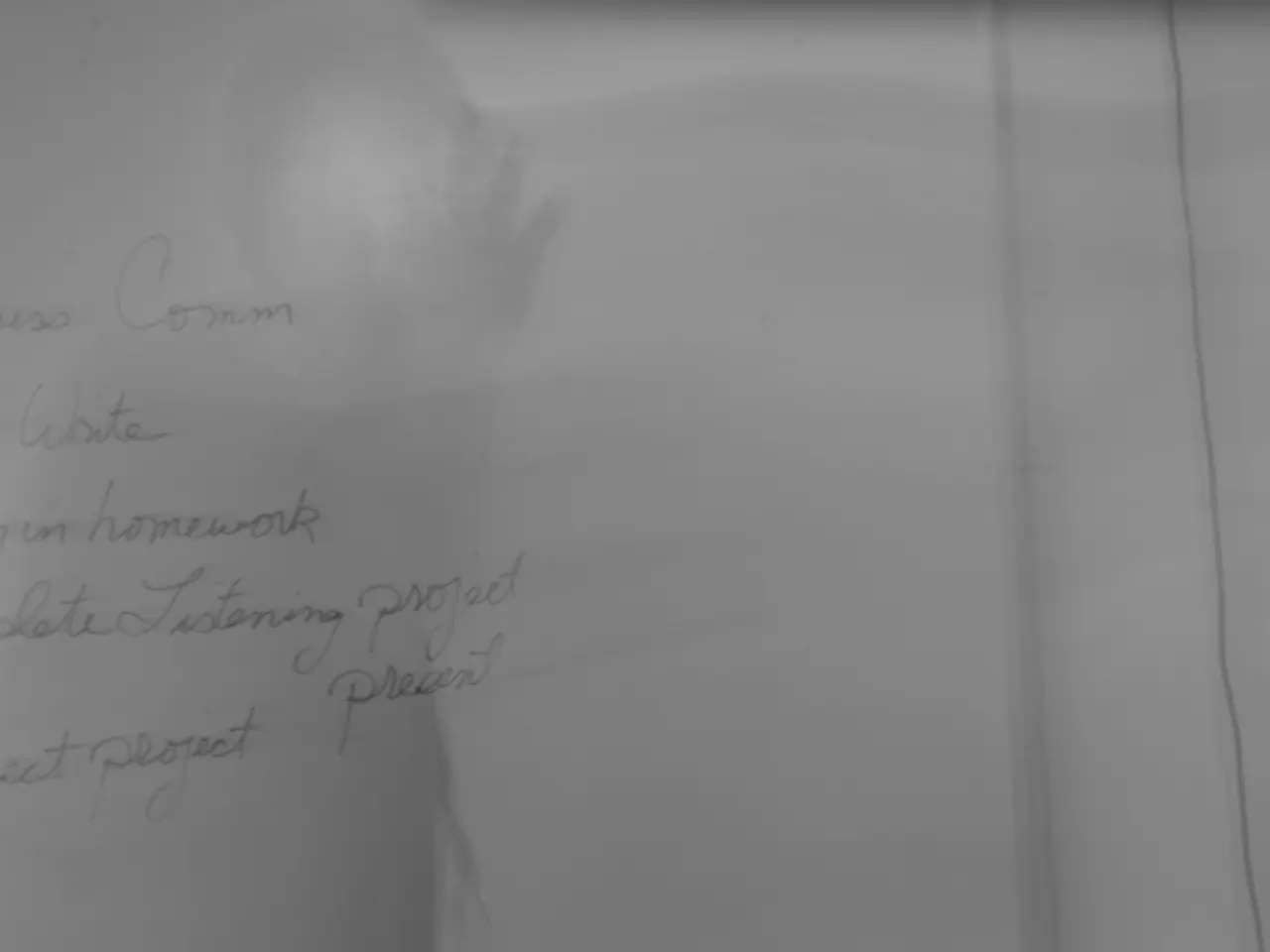"American market barriers prevent the reach of chemicals with a 30% tariff"
The European and Italian chemical industry is currently grappling with a myriad of challenges, both exogenous and endogenous in nature. Tariffs and conflicts, as well as energy and regulatory issues, are putting pressure on this vital sector.
The export of European goods, including those from Italy, is crucial for the chemistry that contributes to their production. However, with the US limiting its growth to 3% and the EU (including Italy) losing 12% in the same period, the chemical sector is feeling the pinch.
Countries like China, which may not be able to export to the United States, are potentially redirecting their goods to Europe. This could potentially double the damage to the European market due to increased competitive pressure.
The total cost of CO2 emissions for the chemical sector could double by 2030, exceeding 1.5 billion euros. The wholesale price of electricity in Italy averaged 120 euros/MWh in the first half of 2025, compared to around 60 euros in France and Spain, and even higher in the US.
The energy crisis continues to condition the sector, causing a deterioration in the trade balance that has worsened again in the first months of 2025. The risk of Italian chemical production shifting to the United States due to American tariffs is a possibility for larger companies and multinationals.
Between 2021 and 2024, the Chinese quota on Italian imports of chemistry has already risen from 6% to 16%, and in the first four months of 2025, such imports have increased by a further 24%. This trend is expected to continue, potentially affecting the competitiveness of the Italian chemical sector.
The impact of the American tariffs does not only concern the chemical product but all European manufacturing. The European Chemical Industry Council (Cefic) predicts potential closure of 300 sites and loss of 200,000 jobs in the next 3-5 years due to a regulatory framework that doesn't support the industry.
In response, a specific private assembly was held by Federchimica to discuss critical issues and gather inputs and suggestions from entrepreneurs. A public assembly is scheduled to be held on October 27.
The Italian chemical sector has lost 11% of its production value since 2021 and is expected to close 2025 in the negative, with a -1.5% after the negative numbers of the last 3 years. Chemistry exports exceed 40 billion euros, and the US is the fourth destination market, with almost 3 billion.
However, the tariffs, if confirmed at 30%, could make several chemical products inaccessible to the American market. This could further exacerbate the situation for the Italian chemical sector, which is already struggling with high energy costs and increased competition from other countries.
Sources:
[1] European Commission (2018). Impact Assessment. Retrieved from https://ec.europa.eu/info/publications/impact-assessment-automotive-tariff-barriers_en
[2] European Commission (2019). Communication from the Commission to the European Parliament, the Council, the European Economic and Social Committee and the Committee of the Regions. Retrieved from https://ec.europa.eu/info/publications/communication-commission-European-parliament-council-european-economic-and-social-committee_en
[3] European Commission (2020). Proposal for a Regulation of the European Parliament and of the Council on a framework for the imposition of tariffs in the event of unfair trading practices by third countries. Retrieved from https://ec.europa.eu/info/law/better-regulation/have-your-say/initiatives/12522-Proposal-for-a-Regulation-on-a-framework-for-the-imposition-of-tariffs-in-the-event-of-unfair-trading-practices-by-third-countries_en
[4] European Parliament (2021). Report on the proposal for a Regulation of the European Parliament and of the Council on a framework for the imposition of tariffs in the event of unfair trading practices by third countries. Retrieved from https://www.europarl.europa.eu/doceo/document/A-9-2021-0004_EN.html
- The European chemical industry, including Italy, is experiencing a challenging period with potential negative consequences for personal-finance, given the increased competitive pressure from countries like China due to trade redirection and possible tariff limitations in the US.
- As the total cost of CO2 emissions for the international chemical industry is projected to double by 2030, rising energy costs in Italy and high electricity prices compared to other European countries create financial burdens for businesses operating within the sector.




